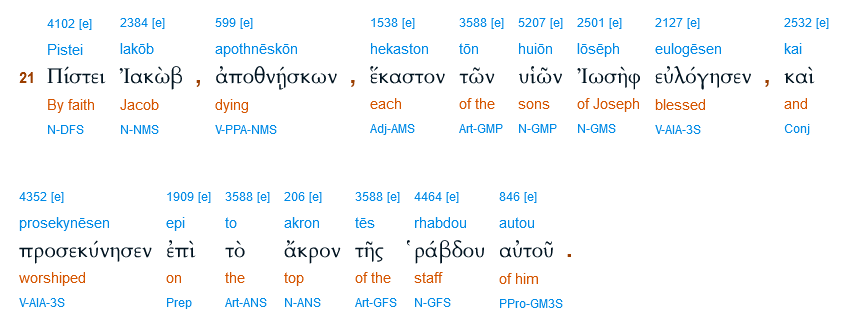I have puzzled over this for a while and it is only today that i really narrowed down on the fact that we are left with only 3 options…either
- Paul had no idea what he was talking about and made an elementary historical mistake or
- Paul had a specific theological reason for differing in his description of the two compartments of the earthly and heavenly Tabernacles
- Its a translational/scribal error
- Paul made a historical mistake
We know that Paul, formerly Saul, was a Jewish Zealot who was trained by the Pharisees and Sadducees in the law of Moses…its simply not possible that such an individual would not recall exactly what the Mosaic Tabernacle layout should look like and thus make such a stupid mistake…especially given his obvious knowledge demonstrated by the vast number of writings attributed to him in the New Testament.
- Paul had a specific Theological reason
I think this is the more likely interpretation and i have the beginnings of a theory on why i believe this might be the case.
When we study the Old Testament Sanctuary Service, we note that the only day in which the High Priest carried the Censor into the Most Holy Place was the Day of Atonement. What is unique about this day is that is specifically represented the future day of Christ’s death on the cross…it was different from the usual daily sacrifices. When Christ died on the cross (which the O/T Day of Atonement represents), he became our High Priest, the veil in the temple was torn in two signifying a change in the Sanctuary Service and this is the key to my theory.
I believe that When Christ died and the veil was torn in two, the need for the alter of incense carrying the prayors of sinners up and over the veil became redundant, the need of sacrifice as atonement for sins was now gone. Christ our High Priest at this point carried the censor into the Most Holy place and presents it before the Ark of the Covenant!
Some may ask, what about the description of the candlestick and table of showbread in Hebrews? These are still included because they represent Gods eternal power and sustaining of life…these do not change after the cleasing of sin from the universe…they remain, but the alter of incense is no longer required because there is no new sin after this point.
As further evidence of my theory on this, i note that some bible translations use different descriptors in Hebrews 9:3&4 (two different examples shown below)
NIV 3Behind the second curtain was a room called the Most Holy Place, 4which had the golden altar of incense and the gold-covered ark of the covenant. This ark contained the gold jar of manna, Aaron’s staff that had budded, and the stone tablets of the covenant.
KJV 3And after the second veil, the Tabernacle which is called the Holiest of all; 4Which had the golden censer, and the ark of the covenant overlaid round about with gold, wherein was the golden pot that had manna, and Aaron’s rod that budded, and the tables of the covenant;
It is my belief that this may be an avenue of study on why Paul seemingly got his history wrong in Hebrews 9:3&4.
- Scribal error
This is a possibility, but again, given the overwhelming historical knowledge passed down for centuries…indeed more than a millennia about the Old Testament Tabernacle and, given that some translations describe the golden censor instead of the altar of incense, i think this explanation is unlikely. Some excellent translations use Alter of Incense (NLT, ESV, NAS) however, I note that both Codex Sinaticus and Vaticanus use the “golden censor” descriptor and they date more than 2 centuries after Christ.
And let us not forget, despite the description of the “censor” in some translations, it still does not explain why there is no alter of incense in any part of the tabernacle in these translations that use censor instead of alter.
I thought that perhaps it might be interesting to have some ideas and discussion about this with the forum.
Some may ask why its even important? I believe it’s important because it is an example of potential biblical error and i think given Paul’s importance in the New Testament theology and the extensive writings attributed to his, this issue appears to discredit Paul’s knowledge…I mean if he was a murderer and was present at the stoning of Stephen, if Paul cant describe the Jewish tabernacle properly, how can he possibly be an authoritative figure on anything else?
